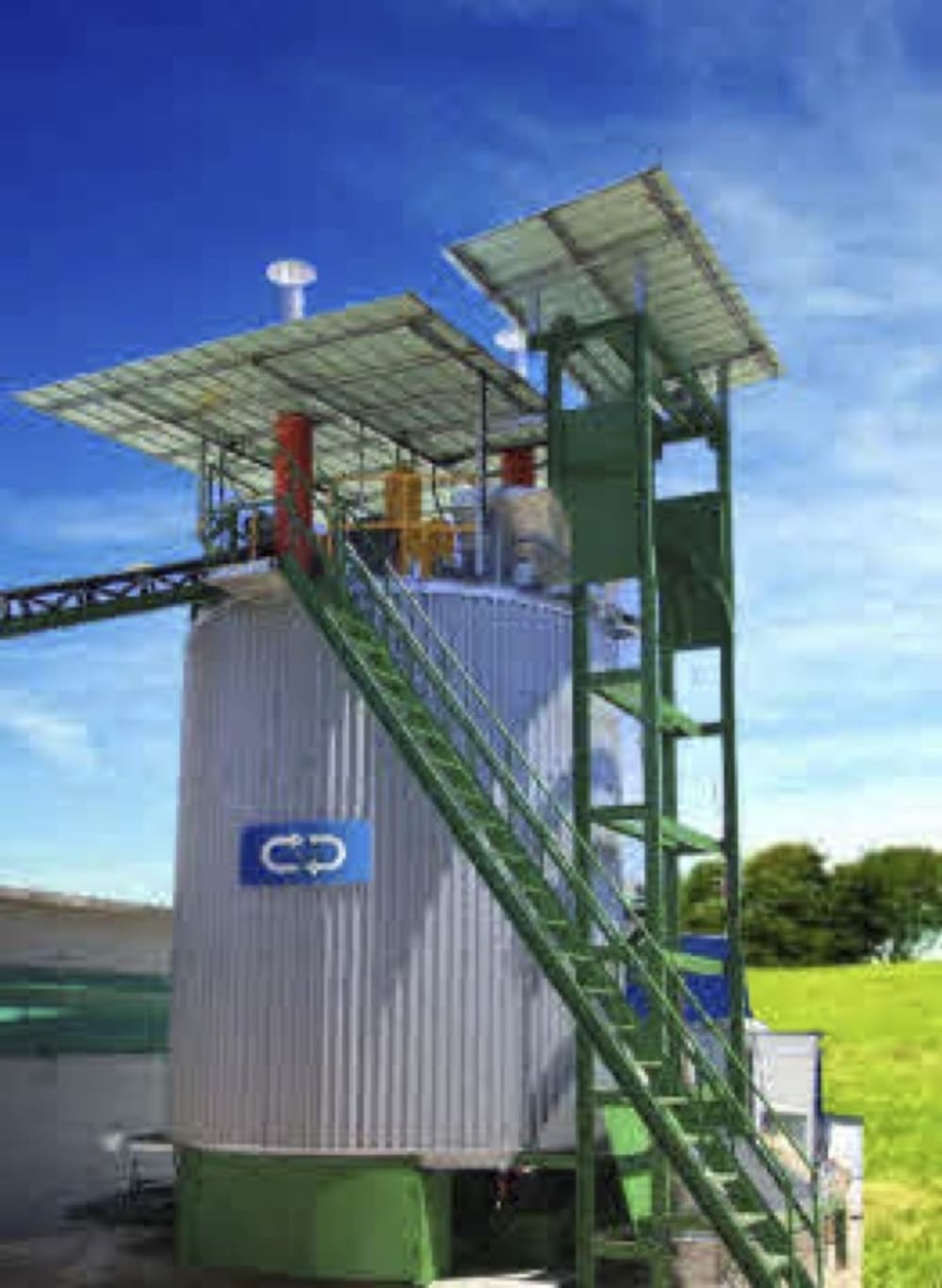Oil spills in oceans and waterways are self-evident. This described technology is an inexpensive method of remediating the spill. It is a compost derived from fruits and vegetables in a patented bioreactor inoculated with specific bacillus. The aerobic bioreactor monitors three levels of composition and maintains the proper temperature and oxygen levels for maximum results. The output is a high oil absorbent material that can easily be applied and then be scooped or vacuumed up.
What is unique about this process it that the oil absorbed compost is then reintroduced into the bioreactor. The bacillus will aerobically remediate the oil. The oil and compost can also be used in cement production if proper emissions controls are employed.
Tests have indicated that the specific compost can absorb up to 200% of its weight. What is important is that the process uses no chemicals other than specific organic compost.
In the case of ocean spills, a ship can be configured with the bioreactors on board. The aerobic process tasks a maximum of seven days with a continuous flow process to remediate the oil. The output can then be reused for additional clean-up.
Like this entry?
-
About the Entrant
- Name:Michael Siegel
- Type of entry:individual
- Patent status:patented

